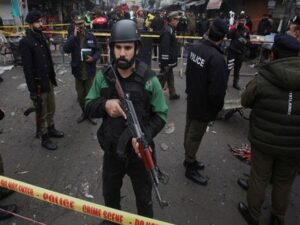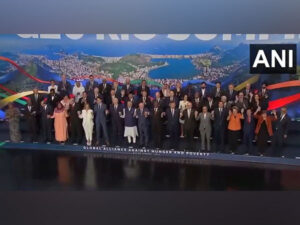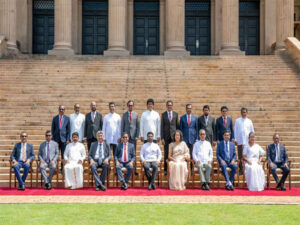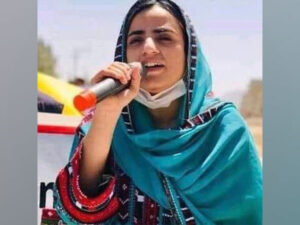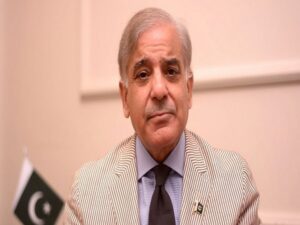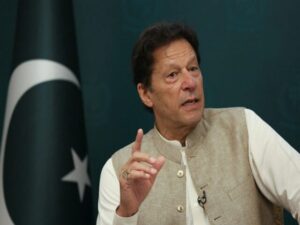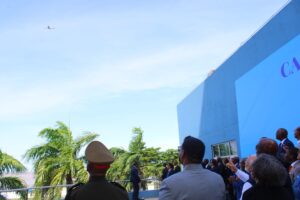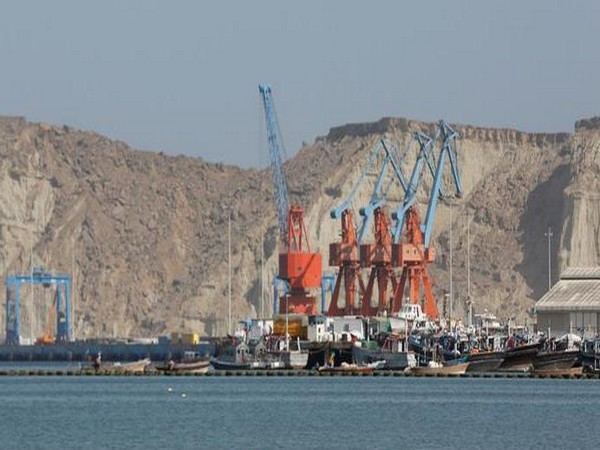
Boys sit on a piece of styrofoam sheet as they search for crabs in front of the Gwadar port, Pakistan April 11, 2017. REUTERS/Akhtar Soomro
Islamabad [Pakistan], November 30 (ANI): Amid ongoing protests in Gwadar against China’s multi-billion belt and road project, Pakistan‘s Senate Standing Committee on Planning and Development has expressed concern over the slow progress on projects related to the China-Pakistan Economic Corridor (CPEC) in the port city.
Fearing threats to their livelihoods from illegal fishing, hundreds of people have been staging protests against CPEC in the port city as well as other regions, as per the local media reports.
According to Dawn newspaper, the committee led by Pakistan Peoples Party (PPP) Senator Salim Mandviwalla observed that progress on infrastructure and basic facilities had not met expectations so far and was not enough to lure local and international investors.
Inayat Hussain, General Officer Commander (GOC) Special Security Division South Major General said: “Even this investment will roll back, please cut through the red tape and ensure gas and electricity. Next summer will be a real hell and create problems.”
A large number of women and children took to the streets of the port city on Monday in solidarity with the movement launched for the rights of the people of Gwadar and other areas of Makran.
The demonstrators, including female students, political workers, and working women who reached Gwadar city from Turbat, Ormara, Jewani, Pasni, and other areas of Gwadar district, started their rally from Al-Johar Public School and after marching on various roads and streets reached Marine Drive, according to Dawn.
Pakistan: Women, children take to streets against CPEC in Gwadar
Islamabad [Pakistan], November 30 (ANI): Hundreds of women along with their children staged a protest against China’s multi-billion belt and road project as people fishermen had been deprived of earning their livelihood after a ban was imposed on border trade.
A large number of women and children took to the streets of the port city of Gwadar and other areas of Makran on Monday and protested against the Imran Khan government for snatching the basic rights of the people.
The demonstrators, including female students, political workers and working women who reached Gwadar city from Turbat, Ormara, Jewani, Pasni and other areas of Gwadar district, started their rally from Al-Johar Public School and after marching on various roads and streets reached Marine Drive, according to Dawn.
Protesters were chanting slogans against the provincial government, with most of them carrying placards and banners inscribed with “Gwadar ko haq do” (Give rights to Gwadar), according to a Pakistani publication.
China-Pakistan Economic Corridor (CPEC) has been marred with controversy since the announcement of the USD 46 billion project in 2015. Locals are opposing China’s increasing involvement in Balochistan. They are protesting as the CPEC project has not benefited the people of Balochistan while people of other provinces are enjoying the fruits of the mega project.
This has led to widespread protests as the Chinese are viewed as encroachers who are squeezing out all the wealth from the region.
Back in October, thousands of residents of Gwadar and Turbat had also gathered there to demonstrate against the non-availability of drinking water, health and education facilities and rising unemployment in Makran division, Dawn newspaper reported.
The protesters have been demanding the removal of unnecessary security check posts and stopping of deep-sea trawlers from fishing in the area because it was causing huge losses to the local fishermen.
Apart from Gwadar, scores of people living in Jand city of Pakistan‘s Punjab province gathered at the under-construction CPEC road and staged a protest against the National Highway Authority (NHA) and other authorities for not constructing a service road to their areas that have been cut off from each other due to the mega project, Dawn reported.
The CPEC project would link Pakistan‘s southern Gwadar port in Balochistan on the Arabian Sea to China’s western Xinjiang region. It also includes plans to create road, rail and oil pipeline links to improve connectivity between China and the Middle East. (ANI)






